Aomori farm pinning future hopes on Vietnamese student workers
This is why Aomori Japan Farm Co. is keen on training a group of Vietnamese students -- currently working there as interns -- to use their experience as a stepping stone to eventually work full-time on the farm once they have completed their studies at Hue University of Agriculture and Forestry in Vietnam.
"I applied for the internship in Japan because I heard that agriculture is very developed (here)," said Phan Thi Nhu Y, a fourth-year student at the university. "I can experience all of the processes of making garlic, from planting to harvesting," she said.
Y, 22, Dao Thi Huyen, 21, Hoang Thi Diem Lien, 22, and Le Thi Anh Ngoc, 22, will each complete a one-year internship at the farm in Aomori Prefecture in July.

(L-R) Hoang Thi Diem Lien, Le Thi Anh Ngoc, Dao Thi Huyen, Phan Thi Nhu Y
In recent interviews, buoyed by the relatively high wages and experiences of Japanese culture, they all said they hope to obtain working visas that would allow them to return to the farm after graduating.
The four female students are paid around 132,000 yen ($1,100) each a month, with some 27,000 yen deducted for rent, and work five days a week from 8 a.m. to 5 p.m.
While they rent a pair of two-bedroom flats, the four sleep in one flat on three futon mattresses since they enjoy cooking, shopping and spending time together even outside of work, they said.
"I would not have applied if only one student visa (was) sent. I am sad that I have to leave here this coming July," said Huyen. "I am sending home some of the money I receive but most of it I am saving because I want to come back to Japan."
It is a medium-term win-win in efforts to address the acute shortage of labor, says the farm's senior managing director Hirofumi Ogawa, who also hopes the students return to help with the seemingly endless workload, next time with a better command of Japanese.
"One of the most worrying things is my Japanese skills," said Lien. "I try to study after work and during days off."
The farm, established in 2016, has around 13 hectares of farmland to grow apples, garlic and pears in Aomori's Gonohe area but only a dozen employees. Ogawa said recruiting foreign workers seems the logical choice, although he has steered clear of hiring through Japan's controversial technical intern program.
Ogawa received an unexpected phone call from a young woman at a technical intern dispatch agency in Vietnam in October 2017, asking if he would accept interns at the farm. "I hadn't even advertised for staff but somehow she found out about us," Ogawa said.

(Phan Thi Nhu Y (L) speaks about her experience working as an intern at the farm)
Ogawa declined to accept technical interns but said he was looking for students who may eventually come back to work. The Vietnamese woman then helped him contact another Japan-based Vietnamese who eventually linked him up with the students from Hue who were looking to study agriculture in Japan.
Ogawa traveled to Vietnam to interview the students himself in March 2018. Unfortunately, the students could only travel to Japan in August, past the busy apple picking season, he said.
Ogawa, who taught Japanese for around 12 years in Brazil and has previously worked with student interns, is eager to accommodate the Vietnamese students, from the standpoint that Japanese society needs to take steps to draw foreigners to its labor-starved market.
"Amid the aging population, it is obvious that Japan cannot survive without the help of foreigners," he said.
The number of foreign workers in Japan tripled over a decade to a record-high 1.46 million as of October 2018, up 14.2 percent from a year earlier, marking the 11th straight year of increase, according to data released in January from the labor ministry.
By nationality, Chinese accounted for more than a quarter of the total foreign workforce at 389,117, up 4.5 percent from the previous year, but Vietnamese also registered a jump of 31.9 percent to 316,840.
The figure is almost certain to rise in the years to come as Japan launched a new system in April to ease visa restrictions and accept more foreign workers.
In the future, improving their Japanese language ability will be key to them being promoted and getting higher pay in the event they return to work at the Aomori farm, Ogawa said.
"For now, work here is relatively easy and the students are doing well but if they want to be promoted, such as work as full-time employees, they would need to be able to speak and understand Japanese," he said.
VNF
Recommended
 Focus
Focus
Vietnam-Austria Relations: Unlocking the Potential for Cooperation in Key Areas
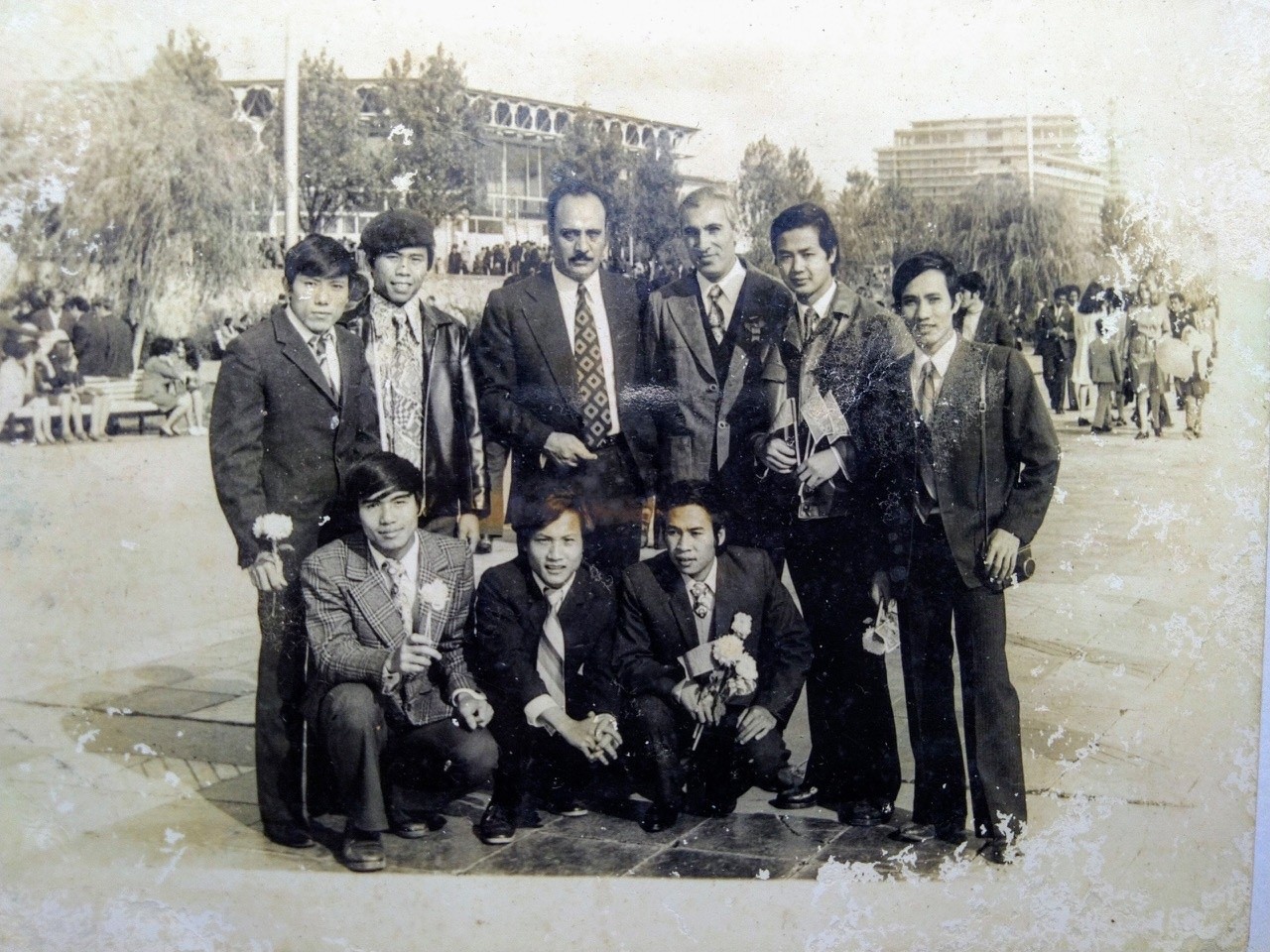 Friendship
Friendship
Vietnam - Azerbaijan: Cherished Memories Should Be Carried Forward with New Achievements
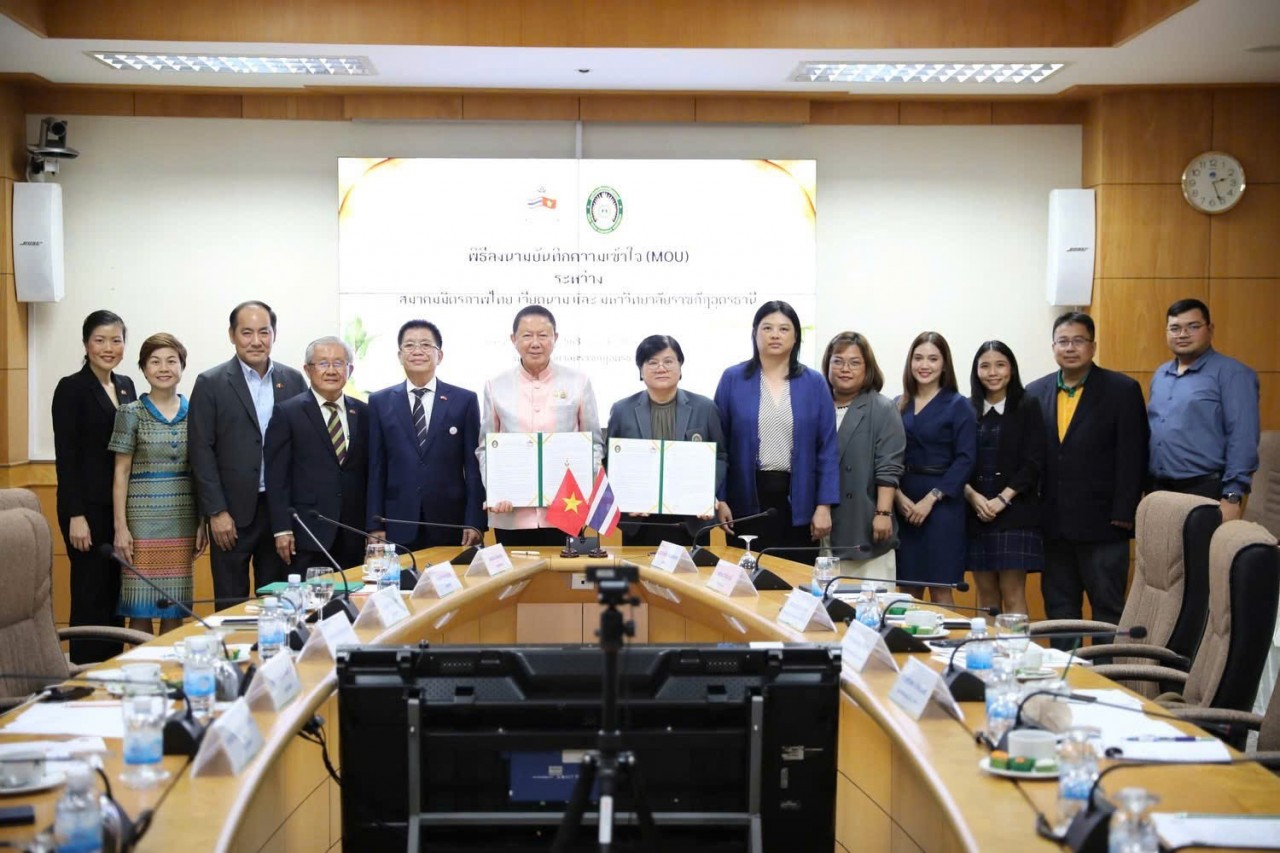 Friendship
Friendship
Center for Vietnamese Studies, Thailand-Vietnam Friendship Association Collaborate on Language Training
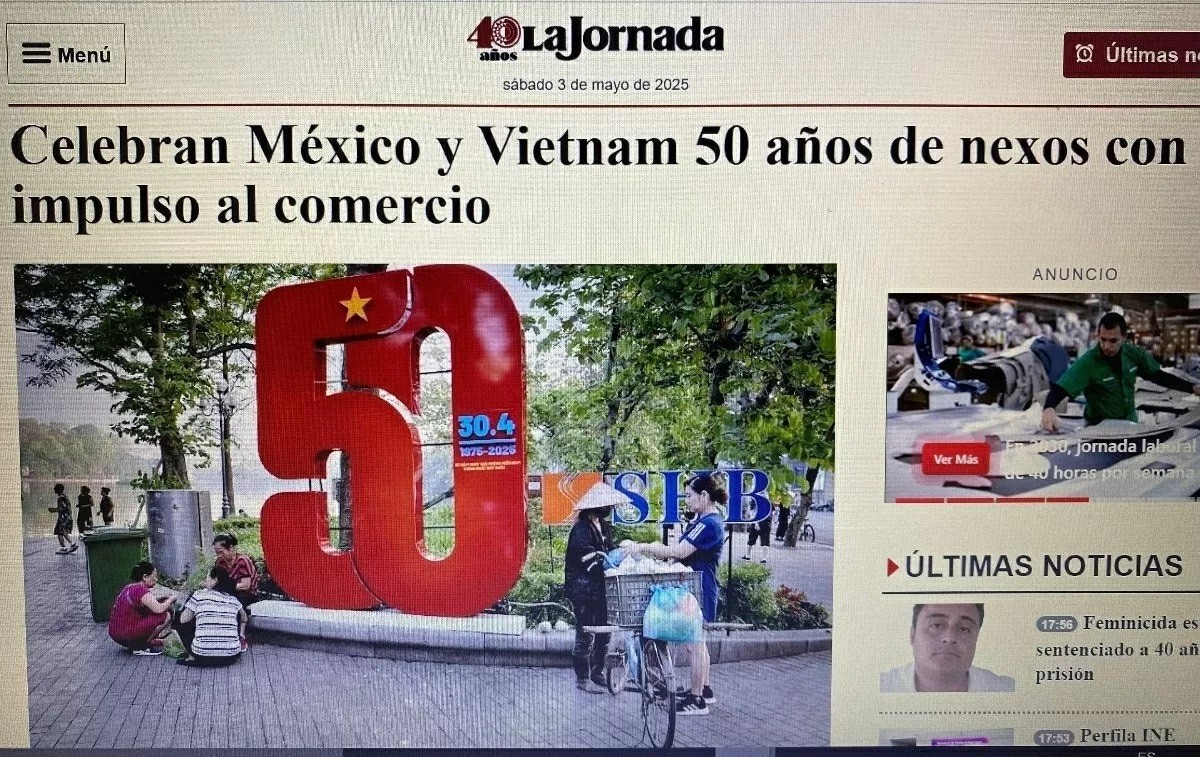 Friendship
Friendship
50 Years of Mexico-Vietnam Diplomatic Relations: Continuous Flourish in All Fields
 Friendship
Friendship
Venezuelan Artists Commemorate President Ho Chi Minh through Revolution Music
 Friendship
Friendship
Vietnam's April 30 Victory Celebrated in Venezuela
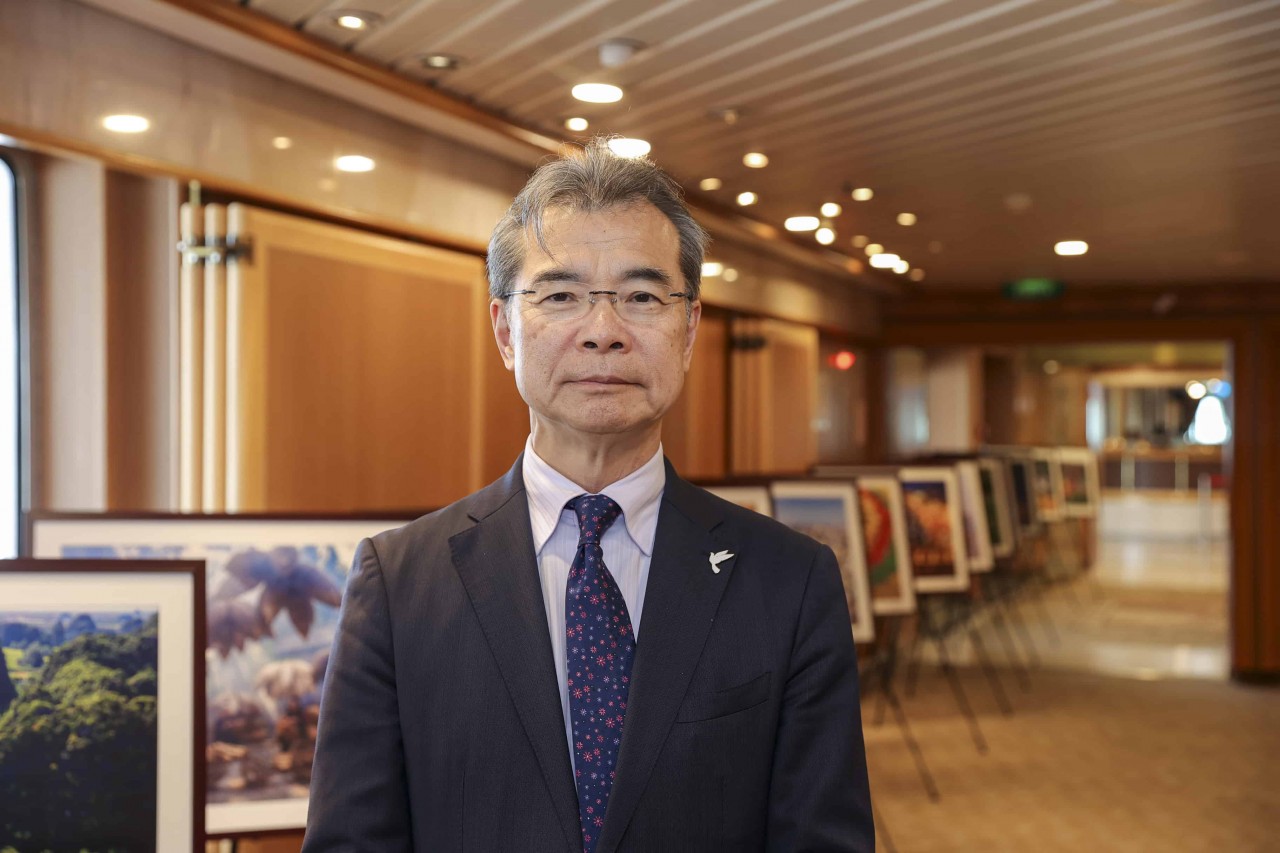 Friendship
Friendship
Vietnam’s History: Precious Legacy of Peace
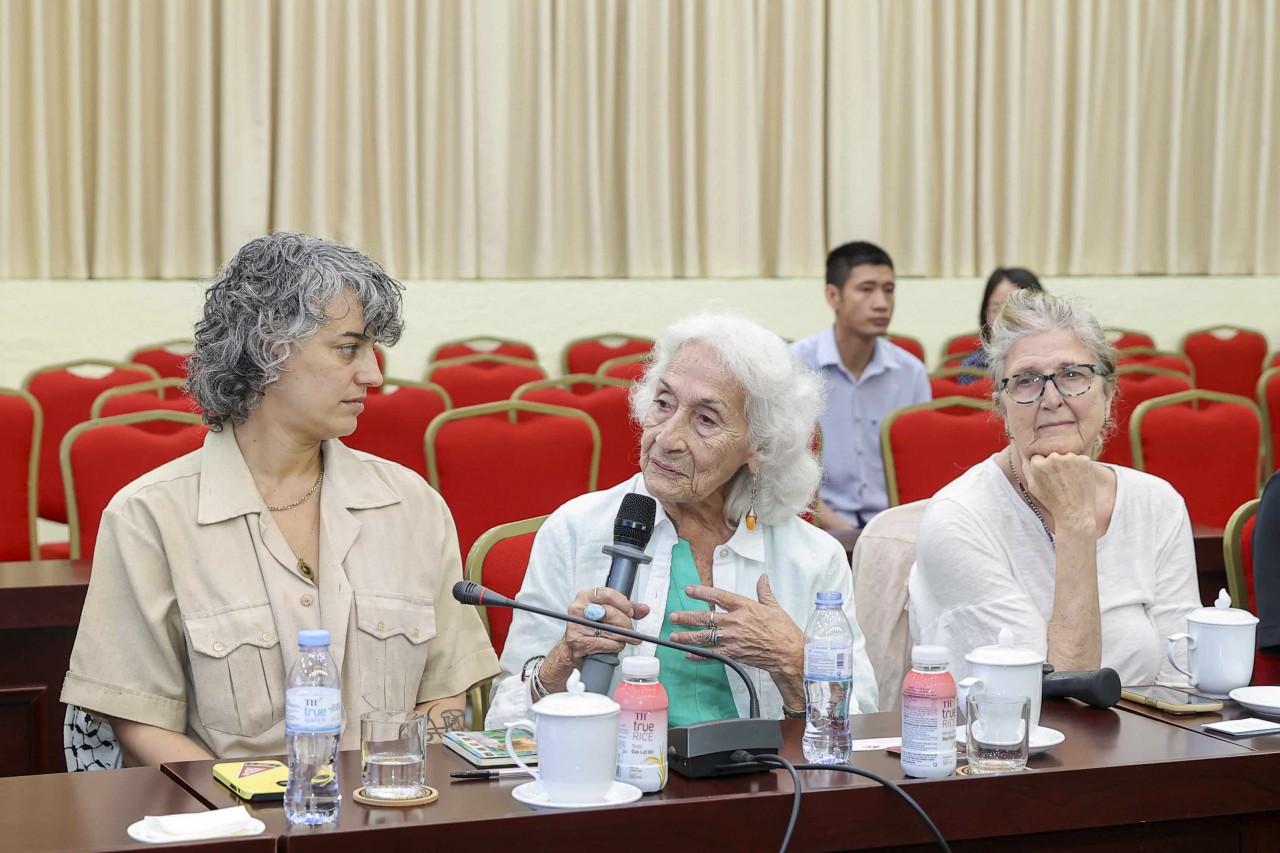 Friendship
Friendship
